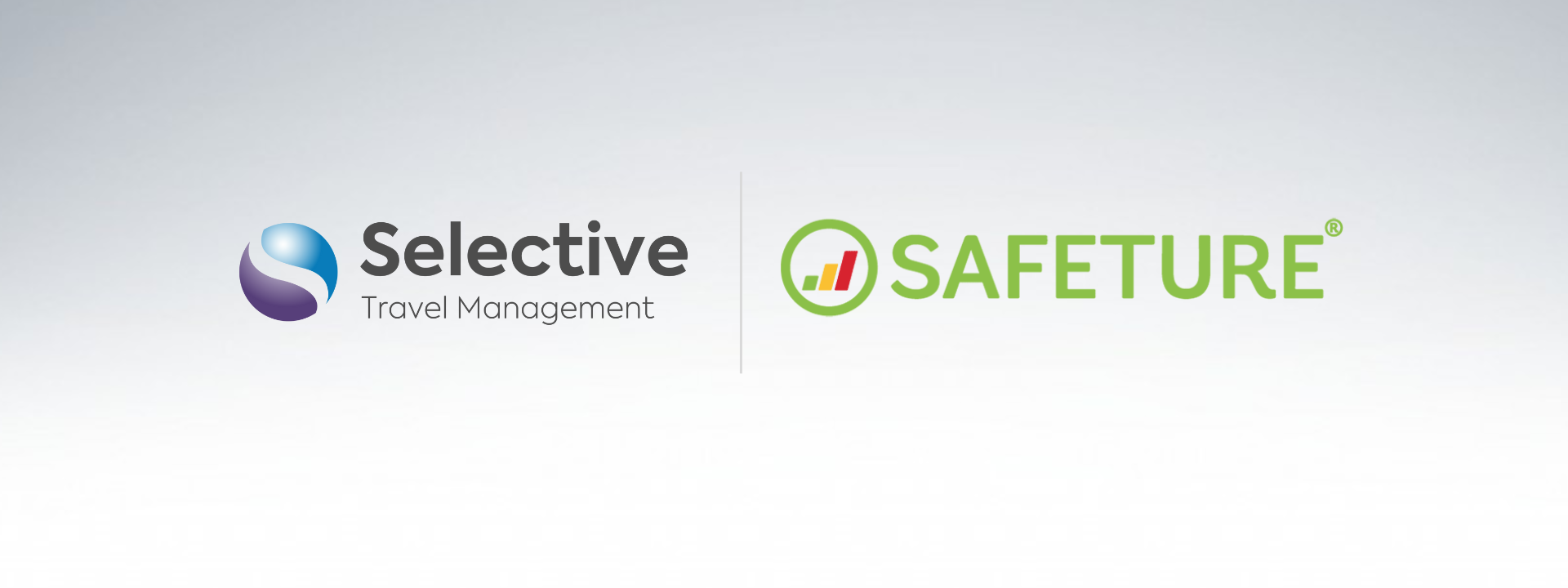Sustainable Fuel in Aviation
Transitioning to sustainable aviation fuel is paramount for mitigating the environmental impact of air travel.
As the aviation sector seeks to address its carbon footprint, SAF emerges as a key solution, offering a pathway to significantly lower greenhouse gas emissions and promote sustainability in flight operations.
What is Sustainable Aviation Fuel (SAF)?
SAF serves as a lower-carbon alternative to conventional jet fuel, derived from plant or animal materials. It can power existing aircraft without requiring significant modifications to engines. Airlines, including those in the International Air Transport Association (IATA), aim for net-zero carbon emissions by 2050, with SAF potentially reducing emissions by up to 65%.
Across the globe, over 30 airlines are testing or already implementing biofuel for their flights.

Airlines Using SAF
Notably, American Airlines, Alaska Airlines, JetBlue Airways, Southwest, and United Airlines have committed to integrating biofuel derived from waste and surplus materials into their flight operations.
For American Airlines, sustainable aviation fuel (SAF) is pivotal for decarbonisation. They prioritise purchasing and scaling SAF production, aiming to secure over 620 million gallons of SAF between 2025 and 2030. In 2022 alone, they consumed over 2.5 million gallons, showcasing their dedication to environmental stewardship.
Alaska Airlines, with a history spanning over 90 years, places emphasis on sustainable air travel. Transparent reporting since 2009 reflects their commitment to achieving net zero emissions by 2040. Central to their strategy is the adoption of SAF, facilitated through partnerships and investments in emerging technologies like Twelve’s E-Jet®.
JetBlue leads the industry in proactive decarbonisation efforts, integrating SAF into their flights. Recognising the symbiotic relationship between a healthy environment and their business, they aim for net zero carbon emissions by 2040, setting clear milestones along the way.
Southwest Airlines, known for its heart and commitment to sustainability, targets net zero carbon emissions by 2050. They pursue a balanced approach, combining advanced long-term planning with immediate action across strategic areas to achieve their sustainability objectives.
United Airlines acknowledges its role in climate change and is committed to mitigating its environmental impact. They strive for 100% green operations by eliminating greenhouse gas emissions entirely by 2050.

The Government’s Stance
The government emphasises the importance of sustainability in the Sustainable Aviation Fuel Mandate, insisting on fuels derived from non-recyclable wastes or residues, recycled carbon fuels (RCFs), and PtL fuels produced using low-carbon electricity. Excluded are SAFs from food, feed, or energy crops. The technical specifications for aviation turbine fuel must be met, along with a minimum 40% reduction in greenhouse gas emissions.
The global transition to SAF has seen significant strides, with the UK playing a leading role at the International Civil Aviation Organisation’s Third Conference on Aviation Alternative Fuels in November 2023. A global agreement was secured to reduce aviation fuel emissions. By 2025, SAF is expected to constitute 2% of total fossil jet fuel supplied, increasing to 10% by 2030 and 22% by 2040. While SAF may incur higher costs, the government asserts that emission producers should bear the decarbonisation costs, with minimal impact on airfare for passengers if sufficient SAF is available.

Selective Travel Management supports aviation’s sustainability goals by offering carbon offsetting and emissions information in our online booking tool. We empower clients to make eco-conscious travel choices, contributing to the promotion of sustainable aviation fuel and reducing air travel’s environmental footprint.








